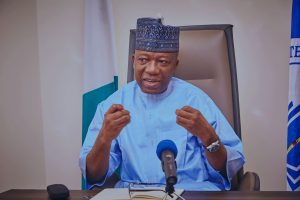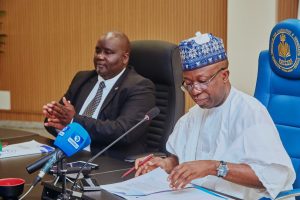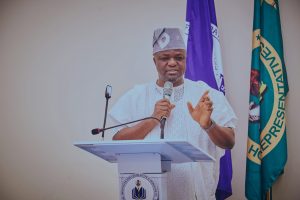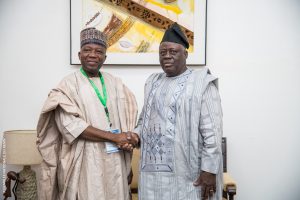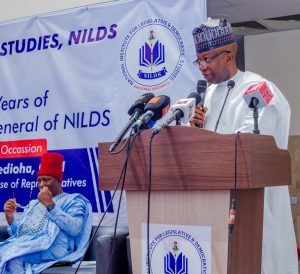The National Institute for Legislative and Democratic Studies (NILDS) has secured an exchange programme between the Nigerian and the Austrian parliaments aimed at developing legislative processes in Nigeria.
The Director-General of the institute, Prof. Abubakar Sulaiman secured the commitment when he led a delegation of researchers and National Assembly management staff, on a study visit to the Austrian Parliament.
The aim of the visit was to exchange experience in readiness for capacity development for 10th National Assembly.“Sulaiman proposed an exchange of experience between Nigerian legislators and their Austrian counterparts to hold in October this year”.
The Institute which plays a critical role in strengthening legislative capacity across Nigeria’s democratic institutions will collaborate with the Austrian Parliament in the area of research, access to electronic resources and linkages with similar research and policy think-tanks in Europe.
“The Institute is expected to provide training, research, and other legislative services to the incoming Assembly, given the high turnover rate.
“The purpose of the study visit was to enable the delegation to establish contact and exchange experiences and lessons learned with Austrian parliamentarians.
“Additionally, the visit provided an opportunity for the team to identify essential strategies and tools that could be employed to strengthen Nigeria’s Legislature.
The Secretary General of the Austrian Parliament, Mr Harald Dossi, was delighted for the visit and welcomed the delegation. Dossi said that the focus areas in the changes programme will include budget analysis, legislative research and the use of ICT among others.
He said that the Austrian Parliament intends to collaborate with the Nigerian National Assembly through NILDS to build on the momentum gained during the visit.
He said that there is potential to greatly enhance the capacity of Legislators and other democratic institutions in Nigeria.
The delegation also met with the members and top officials of the Parliament from the ruling and opposition parties as well as technocrats providing support services for the Parliament.



